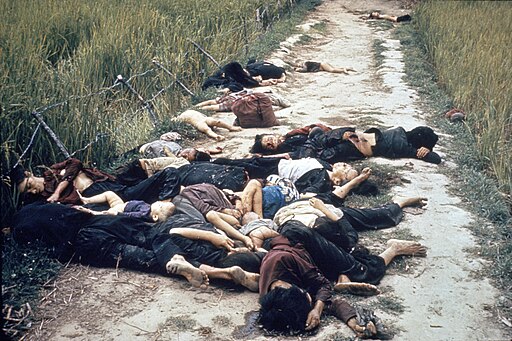
“Fewer than 26% of US households still have someone working remotely at least one day a week,” Bloomberg reports, “a sharp decline from the early-2021 peak of 37%,” citing US Census Bureau statistics. “Remote employees have been blamed for dwindling profits and costing cities billions, and fears of a recession have eroded their ability to demand the telework perks they won early in the pandemic …”
But if the work gets done, it’s “return to the office” that’s a “perk” — for employers, for office-area businesses which profit from having all those workers commuting daily, and for money-hungry city governments.
In the early days of the COVID-19 pandemic, millions of American workers left their traditional office environments and worked from home. That wasn’t always easy on either workers or employers. It was not an unalloyed positive. But for the most part, the work did get done.
Doing that work isn’t a “perk.” It’s a “job.”
If the job gets done, why should employers care where it gets done from — and if they do care, why shouldn’t they, rather than employees and taxpayers, cover the costs of doing it from that place?
Time is money, and commuting takes time. Gas isn’t free. In many cases, parking must be paid for out of pocket. And it’s not just the employees covering those costs. Less work from home means more traffic jams, more smog, and more driving around looking for a parking place for everyone else, too.
For some workers, the difference between home and office is the difference between keeping one eye on their kids while they work, or paying someone else to do so, or the difference between making or not making payments on a car and auto insurance.
On the market level, I suspect the trend initiated by the pandemic will eventually become the norm. Per the Bloomberg story, “[i]n 157 of the largest metro areas in the US, more than half of job applications were for fully remote or hybrid roles in August.” Those who CAN work from home increasingly WILL work from home, unless employers want to pony up extra for presence in the office. Businesses will learn to cater to those remote workers’ demands in ways other than just leasing locations near office complexes, or go under.
The government angle is a tougher nut to crack. One might think that fewer cars on government-maintained roads and lower ridership on government-operated mass transit would go down as a benefit insofar as it implies reduced infrastructure costs, but one would be wrong. Instead of taking the win and reducing spending, governments complain about the loss of tax revenue. They’d rather have more pollution and more congestion than give up the money and power that comes from administering massive transportation subsidies for the benefit of Big Business.
But again, time doesn’t stand still. Working from home will become a norm for the same reasons that lighting our workplaces with kerosene or spending our days riding plows and staring at mules’ rear ends no longer are.
Thomas L. Knapp (Twitter: @thomaslknapp) is director and senior news analyst at the William Lloyd Garrison Center for Libertarian Advocacy Journalism (thegarrisoncenter.org). He lives and works in north central Florida.
PUBLICATION/CITATION HISTORY


